

Dann werden Sie schon schießen...(1989)
Documentary about the "Bundeswehr"

Movie: Dann werden Sie schon schießen...

Dann werden Sie schon schießen...
HomePage
Overview
Documentary about the "Bundeswehr"
Release Date
1989-11-18
Average
0
Rating:
0.0 startsTagline
Genres
Languages:
DeutschKeywords
Similar Movies
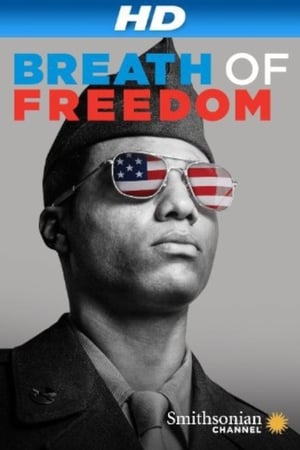 0.0
0.0Breath of Freedom(en)
In World War II. African-American GIs liberate Germany from Nazi rule while racism prevailed in their own army and home country. Returning home they continue fighting for their own rights in the civil rights movement.
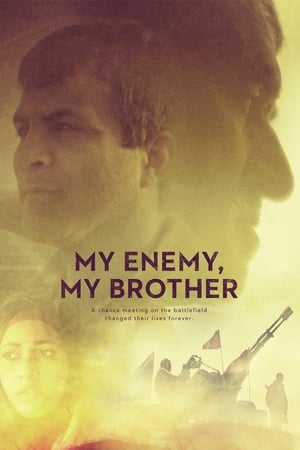 0.0
0.0My Enemy, My Brother(en)
The eight-year Iran-Iraq War was one of the most brutal conflicts to devastate the region in the 20th century. Zahed was 13 years old when he enrolled in the Iranian army. Najah was 18 when he was conscripted into the Iraqi army, and he fought against Zahed in the Battle of Khorramshahr. Fast forward 25 years, a chance encounter in Vancouver between these two former enemies turns into a deep and mutually supportive friendship. Expanded from the 2015 short film by the same name.
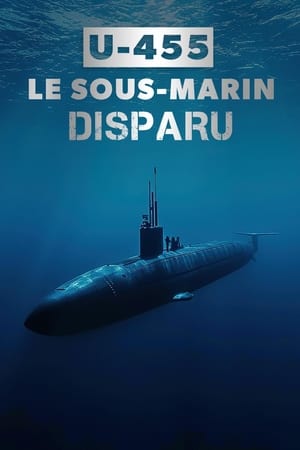 7.8
7.8U-455, le sous-marin disparu(fr)
In 2008, German U- boat U-455 was discovered off the coast of Italy. 400 feet down, the submarine stands almost vertically on the ocean floor. This documentary will reveal its history and the cause of its demise.
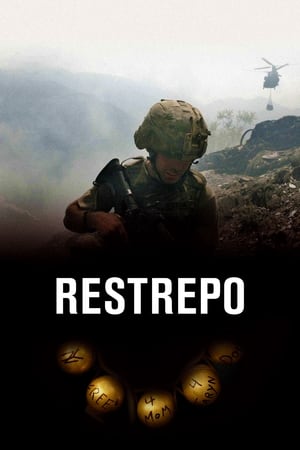 7.3
7.3Restrepo(en)
Directors Hetherington and Junger spend a year with the 2nd Battalion of the United States Army located in one of Afghanistan's most dangerous valleys. The documentary provides insight and empathy on how to win the battle through hard work, deadly gunfights and mutual friendships while the unit must push back the Taliban.
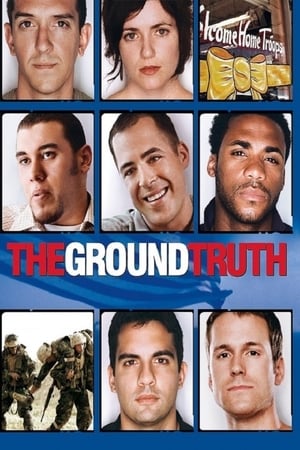 6.5
6.5The Ground Truth(en)
Sometimes the greatest act of courage is to tell the truth. Hear and witness our soldiers in this penetrating film. The shocking Iraq War ground conflict is only a prelude to the even more challenging battles these reluctant heroes face upon their return home.
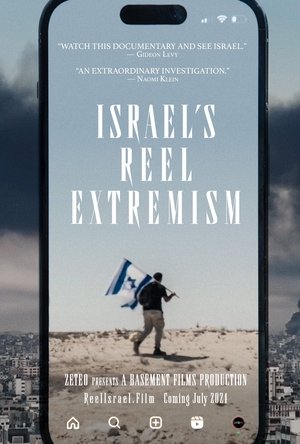 0.0
0.0Israel's Reel Extremism(en)
An examination of Israel and its society after many months of war, seen initially through the prism of viral social media posts - and exclusive interviews with the soldiers behind them. These posts, some shared millions of times, show soldiers humiliating bound Palestinians, ransacking their homes, joking as they detonate schools and whole districts, and laughing as they launch high explosive ordnance into densely-packed areas. The award-winning team behind this Basement Films production traveled to Israel to interview some of these soldiers, who proudly defended themselves and their videos, some expressing callous disregard for Palestinians in Gaza. Through additional interviews with Israeli radical groups, politicians, and media figures, the film reveals Israeli Jewish society in the aftermath of October 7th, gripped by a vengeance and hate that puts into question any possibility for peace.
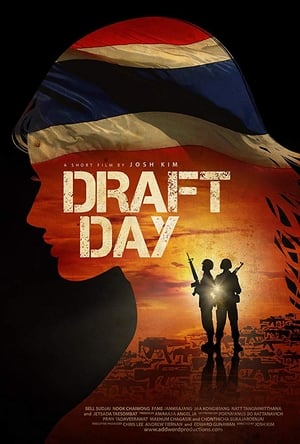 1.0
1.0Draft Day(th)
In Thailand, all males turning 21 must participate in the military draft lottery. Drawing a black card grants exemption. Drawing a red card results in two years of military service. This short film follows two girls, who were born as males, as they participate in the drafting process.
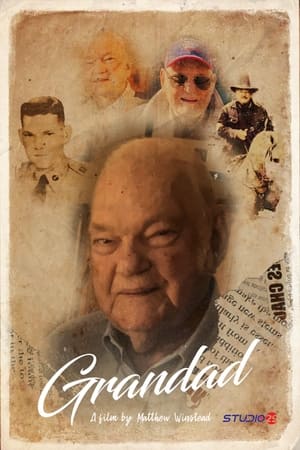 8.0
8.0Grandad(en)
Follow the tender and fascinating life of Mallory B. Winstead, the fearless and visionary army veteran and family man.
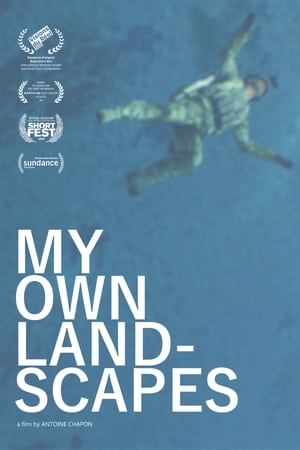 0.0
0.0My Own Landscapes(en)
Within the French and American armies, virtual reality prepares soldiers for their future battles just as it treats post-traumatic stress disorder after their baptism of fire. Antoine Chapon meets Cyril, former military video game designer and a veteran, who is dealing with the return to civilian life and loss of identity.
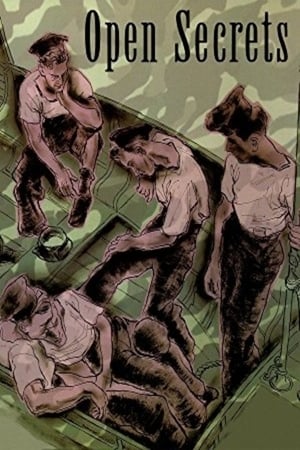 6.5
6.5Open Secrets(en)
This provocative documentary uncovers a lost chapter in Canadian military history: how the Armed Forces dealt with homosexual behaviour among soldiers, during and after World War II. More than 60 years later, a group of five veterans, barely adults when they enlisted, break the silence to talk about how homosexual behaviour "was even more unmentionable than cancer." Yet amidst the brutality of war, instances of sexual awakening among soldiers and officers were occuring. Initially, the Army overlooked it, but as the war advanced, they began to crack down: military tribunals, threats of imprisonment, discharge and public exposure. After the war, officers accused of homosexuality were discharged. Back home in Canada, reputations and careers were ruined. For the young men who had served their country with valour, this final chapter was often too much to bear. Based on the book Courting Homosexuals in the Military by Paul Jackson.
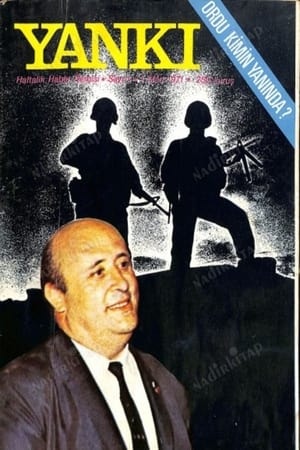 9.0
9.012 March: The Junta(tr)
We are now saying goodbye to the 1960s. The 60's started eventfully on May 27. It ended as eventfully as it began. The '70s inherited escalating violence, student riots, and rumors of intervention. Prime Minister Demirel was trying to put out the fire in the street and to calm the increasingly restless army on the other. The October 1969 elections were held in this atmosphere and the Justice Party came out of the ballot box again. May 27 came by overthrowing the DP government, but the AP, which declared that three of the three elections held since the 1960s, were the continuation of the DP, emerged successfully. Demirel was about to roll up his sleeves for a new era. He felt that no one could stop him now. He was wrong. As he was dizzy from victory, he fell at Caesar's fault. Forgot about Brutus...
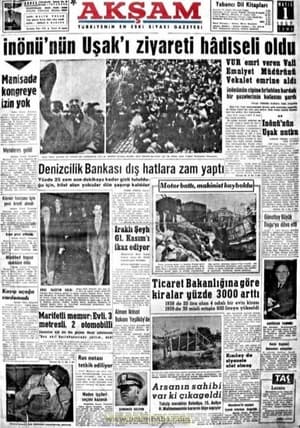 9.0
9.0Demirkırat: Rebellion(tr)
In the past, when spring came, there was a spring atmosphere in politics. But the spring of 1959 brought the CHP's spring offensive on the contrary. Seeing that the opportunity for a dialogue was completely lost after Menderes' plane crash, İsmet Pasha put on his boots in April and took his 46 deputies with him to the expedition. The chosen route was the route of the Great Offensive in the War of Independence. Uşak, where İnönü took the Greek Commander-in-Chief Trikupis prisoner, was the first stop...
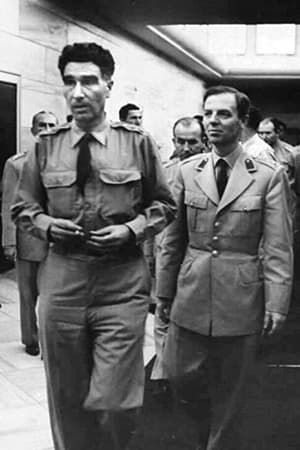 0.0
0.0Demirkırat: Coup(tr)
While the government was in a deep sleep, the brain staff of the revolution was completing its final preparations at the Military Academy, there were only a few hours left for the revolution that had been prepared for six years. Despite six years of preparation, there was actually no serious plan at hand. An unplanned, unscheduled full night raid was to be organized. The management level of the army was pro-government. Therefore, it was impossible for the intervention to take place within the chain of command. This was to be a grassroots military operation. The army of the operation consisted of young cadets. Except for the Harbiye, there was no force at hand. It was even possible for units such as the Guards Regiment and the Central Command to resist. That's how the day of May 27 began with the unknown and risks. Major General Cemal Madanoğlu, the commander of the Revolution Headquarters, would have the last word...
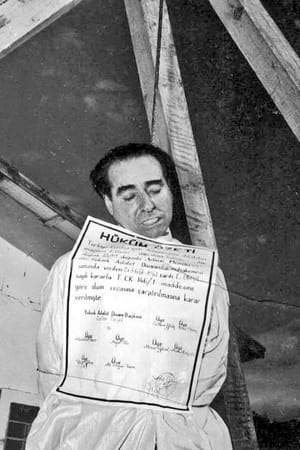 0.0
0.0Demirkırat: Execution(tr)
We came to the end of the road. We told you the story of the establishment of a democracy throughout 9 episodes... We witnessed the collapse of a one-party regime. We witnessed the disappearance of the national chiefdom. Together we experienced the holding of the first free general elections and the raising of democracy in pain. And finally, we told you about the birth, rise and fall of a new power. Where we ended up was a military intervention. Whatever the reasons, the storm of revolution had blown once. Now the task of the officers who seized power on the morning of May 27 was to contain that storm. But it didn't. After a while, the storm started to drag the revolutionaries in front of it. The historical scenario was repeated. The Revolution ate some of their children. The revolution was now speaking its own language...
The Disappearance of McKinley Nolan(en)
Private McKinley Nolan vanished 40 years ago in Vietnam on the Cambodian frontier. Some say he was captured, some say he was a traitor, some even say he was an American operative. The US Army officially claims he was radicalized and went native, joining the Viet Cong and later encountering the Khmer Rouge. In 2006, retired US Army Lt. Dan Smith, revisiting the battlefields of his youth, may have encountered the elusive McKinley, alive. So began a journey into the heart of darkness.
Seeds of Summer(he)
Seven years after completing an Israeli Defense Course for female combat soldiers, director Hen Lasker returns to take a deeper look at the place where she first fell in love with a woman. Over the course of 66 days and nights, Lasker shoots a fly-on-the-wall documentary that allows unprecedented intimacy into the lives of the trainees and commanders of the Israeli army. The dichotomy of the innocence of these baby-faced trainees with the heavy burden of military service is a central theme of the film, illustrated in a scene where they discuss losing their virginity while waiting their turn to fire a machine gun. But it is the director’s relationship with Smadar, a breathtaking commander struggling to mask her gentle soul with a strict military persona, which makes the film truly enchanting. The intersection of love, duty, and personal growth thrive through to the film’s surprisingly moving finish.
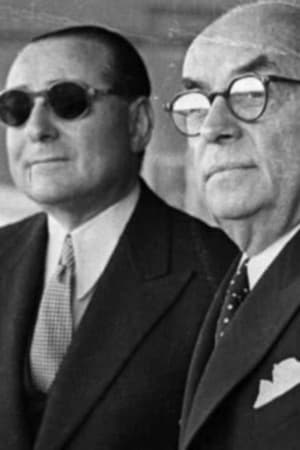 0.0
0.0Demirkırat: Pressure(tr)
Looking back at the turmoil of the 1950s today, it's hard not to be sad. Even though one knows the end of the story, he is always waiting for something to happen to prevent this bitter ending. He wants the mistakes made to be noticed, a common point to be agreed and the accident that says I am coming to be prevented. But in vain... After the accident today, all we can do is look at the causes of the accident and learn from it... Beginning from the mid-1950s, the democracy, which was knitted stitch by knot before, began to unravel again, stitch by stitch. A tense, harsh, vicious period has opened in the political arena... It seemed impossible to see the future and take precautions in that dusty smoke...
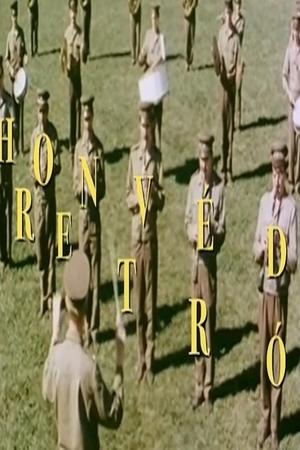 0.0
0.0Honvéd retró(hu)
A feature length, lively - montage style - documentary, capturing the essence of what life was like in socialist Hungary's conscript army, using contemporary videos.